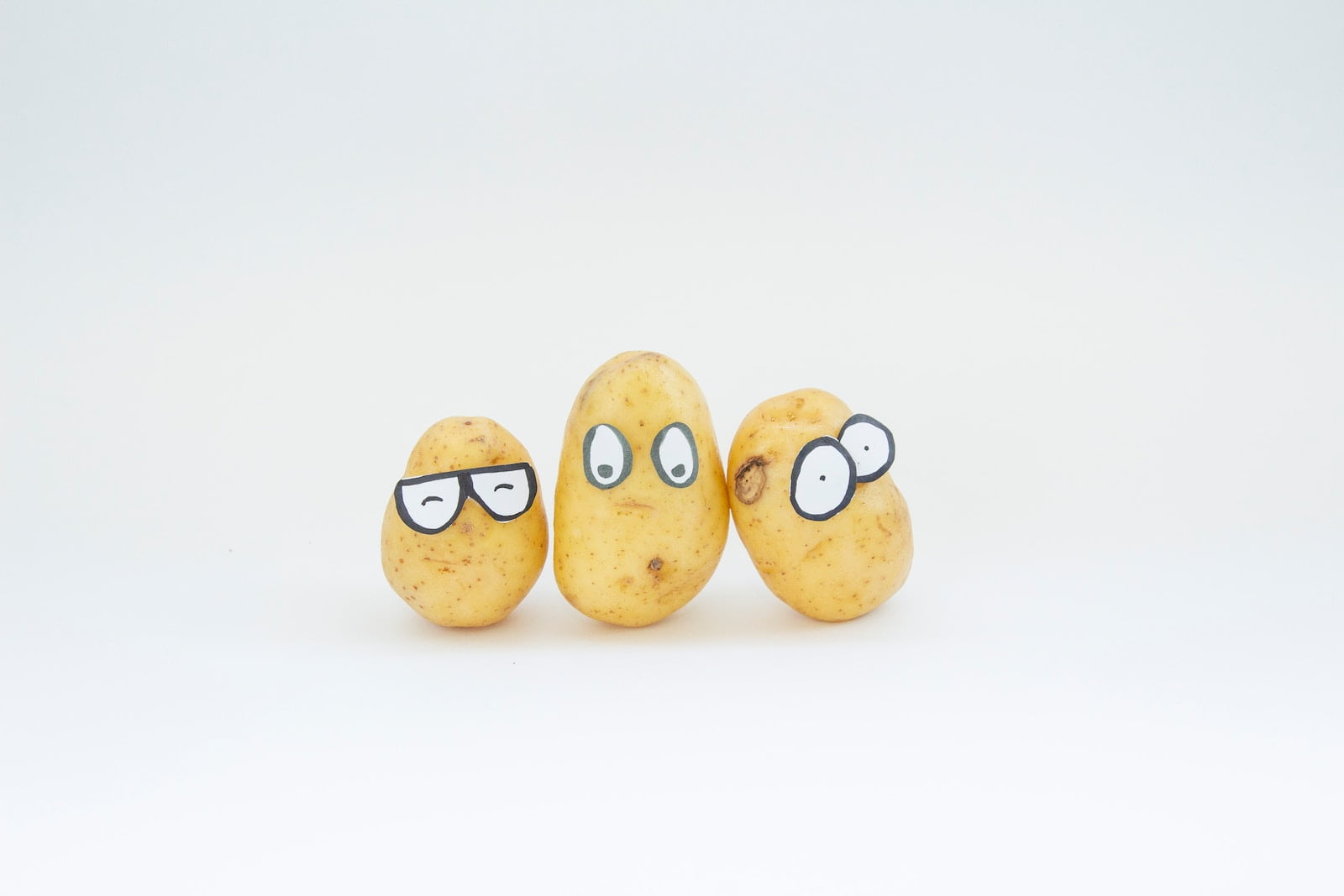Disadvantages of Consuming Sugar and Sugary Foods
Sugar is a ubiquitous ingredient in modern diets. It is found in everything from candy and soda to processed foods and sauces. While sugar may taste good, it is a leading cause of many chronic diseases.
Weight gain
One of the most well-known harmful effects of sugar is weight gain. Sugar is high in calories and provides little to no nutritional value. When you eat too much sugar, your body stores the excess calories as fat.
Heart disease
Sugar is also linked to heart disease. Eating too much sugar can raise your blood pressure and cholesterol levels, which can increase your risk of heart attack and stroke.
Type 2 diabetes
Sugar is also a risk factor for type 2 diabetes. When you eat sugar, your blood sugar levels rise. Over time, this can lead to insulin resistance, which is a precursor to type 2 diabetes.
Fatty liver disease
Fatty liver disease is a condition in which fat builds up in the liver. Sugar is a leading cause of fatty liver disease.
Cancer
Sugar has also been linked to some types of cancer, including colon cancer and breast cancer.
Acne
Sugar can also contribute to acne. When you eat sugar, your blood sugar levels rise. This can trigger the release of hormones that can lead to acne breakouts.
Tooth decay
Sugar is a leading cause of tooth decay. When you eat sugar, bacteria in your mouth produce acids that attack your teeth. Over time, this can lead to cavities.
Brain fog
Sugar can also lead to brain fog. When you eat sugar, your blood sugar levels rise and then crash. This can cause symptoms such as fatigue, difficulty concentrating, and mood swings.
Also Read : Disease X: The Next Pandemic?
How to reduce your sugar intake
There are a number of things you can do to reduce your sugar intake, including:
- Limit your intake of sugary drinks, such as soda and juice.
- Choose whole, unprocessed foods over processed foods.
- Read food labels carefully and avoid products that contain high levels of added sugar.
- Cook more meals at home so you can control the ingredients.
Tips for reducing your sugar intake
Here are a few tips for reducing your sugar intake:
- Start by making small changes, such as switching to diet soda or drinking water instead of juice.
- Find healthy alternatives to your favorite sugary snacks. For example, instead of candy, try eating fruit or nuts.
- Gradually reduce the amount of sugar you add to your food and drinks.
- Be mindful of hidden sources of sugar, such as salad dressing and condiments.
Also Read : A Guide to Improve Your Mental Health and Well Being
Benefits of reducing your sugar intake
Reducing your sugar intake can have a number of benefits, including:
- Weight loss
- Improved blood sugar control
- Reduced risk of chronic diseases, such as heart disease, type 2 diabetes, and cancer
- Clearer skin
- Improved mood and energy levels
Conclusion
Sugar is a harmful ingredient that can lead to a number of chronic diseases. By reducing your sugar intake, you can improve your overall health and well-being.



